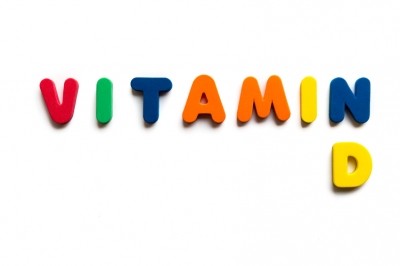Probiotics may ease severity of multiple sclerosis: Study

Additional findings of the study also noted a reduction in inflammatory factors, markers of insulin resistance, and cholesterol and oxidation levels.
Sufferers have demonstrated a different set of gut flora compared to those of healthy people, but it is unclear whether this is a cause or a consequence of the condition.
Food allergens have also been implicated and MS patients have been advised to avoid dairy, wheat (gluten), soy, chocolate, corn, preservatives and food additives.
Nutrients like omega-3s and vitamin D have also demonstrated benefits in helping to reduce inflammation and improve immunity.
Study details
Study details published in the Journal of Clinical Nutrition placed 60 MS patients in a randomised double-blind placebo-controlled clinical trial.
Subjects were placed into one group receiving a probiotic capsule containing the bacterial species, Lactobacillus acidophilus, Lactobacillus casei, Bifidobacterium bifidum and Lactobacillus fermentum.
The placebo group received a capsule containing starch. Both groups received this experimental treatment for 12 weeks.
In addition, MS severity in the subjects was assessed using the expanded disability status scale (EDSS) – a method of quantifying disability and monitoring changes in MS over time. This was done at the start and end of the trial.
Compared with the placebo, probiotic intake was found to improve EDSS ratings as well as depression anxiety and stress values.
In addition, changes in high-sensitivity C-reactive protein, a marker for inflammation were also observed along with plasma nitric oxide metabolites and malondialdehyde (MDA), a marker for oxidative stress.
“It must be kept in mind that a clinically significant change of the EDSS is defined as a change of 1.0 point or more at EDSS levels,” the study stated. “However, observed difference at EDSS levels in our study was statistically significant, it was not clinically significant.”
Probiotic food benefits

MS patients are recognised as having a higher risk of disorders including dyslipidaemia (high cholesterol) and insulin resistance.
It has led to a number of studies that have used probiotic-infused foods to improve the condition of the subject.
Improvements in a General Health Questionnaire (GHQ) and Depression Anxiety Stress Scales (DASS) were observed in one piece of research, in which the use of probiotic yogurt or probiotic capsule on petrochemical workers was carried out for six weeks.
In contrast, no significant effects were seen following the use of L. rhamnosus and B. animalis for 14 weeks in schizophrenia subjects.
“The anti-inflammatory and antioxidative actions of probiotics may be useful to overcome and shorten the duration of neurological symptoms during relapses,” the study explained.
“The effects of probiotics might be mediated by the generation of short chain fatty acids (SCFA) in the gut and expressed reduction of inflammatory indicators.”
The study also commented that probiotics, due to their useful effects on glycaemic control, may be useful to control neurological symptoms during relapses.
Source: Clinical Nutrition
Published online ahead of print, doi.org/10.1016/j.clnu.2016.08.015
“Clinical and metabolic response to probiotic supplementation in patients with multiple sclerosis: A randomized, double-blind, placebo-controlled trial.”
Authors: Zatollah Asemi
















